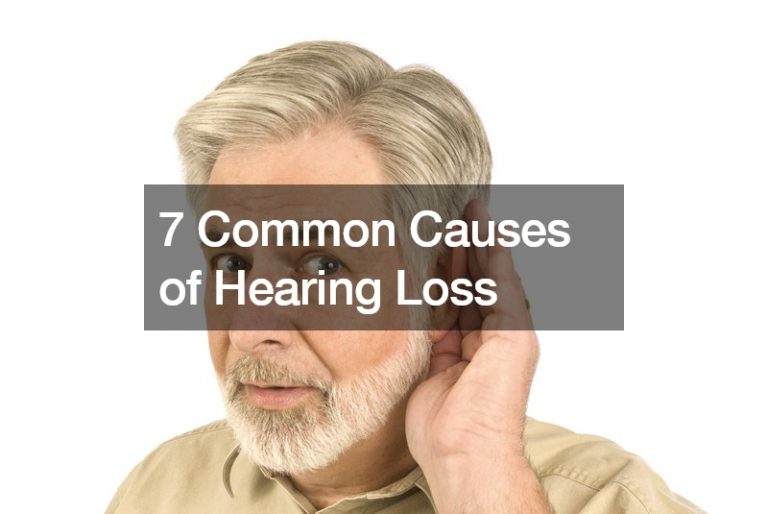Migraine is one of the most common neurological disorders that many people experience. According to the Migraine Research Foundation, migraine is the 3rd most common illness in the entire world with 12% of the U.S. population suffering from it. We might be someone who suffers from this all the time, or we know someone who experiences it but the suffering is belittled and compared to a simple headache.
So, here are some of the things that everyone should know about migraines and why they should be taken seriously:
What is a migraine?
Migraine is a kind of severe headache that involves feeling nauseous and high sensitivity to light and sound. Sufferers can usually predict the coming of the headache with various symptoms. Most will start to experience fatigue and mood changes. Some will find visual cues that manifest as seeing dots, stars, blurs, and light flashes. Others will experience ringing in their ears hours before the attack. Once the migraine headache starts, a person will feel a throbbing pain like it is coming from the inside of the brain. This is further worsened by the feeling of wanting to vomit. The attack can last from a few hours to a few days.
Migraines are usually found in people with a family history of migraines. There are a variety of things and situations that can trigger a migraine, some of which are stress, sleep disruptions, weather fluctuations, temperature changes, certain food and drinks, and some strong sensory stimuli. No real cure or treatment is available in the present for migraine sufferers but monitoring of said triggers can help to avoid or relieve the symptoms and the attack. Neurological treatment and rehab specialists can help to run tests for minimizing the effects of migraines on a person’s life.
The other serious effects of migraine
Migraines can prevent you from doing things.
Migraine is not like a simple headache that can be relieved by simply taking medication and then going about your day. As mentioned, it can involve high sensitivity to light, sounds, and even smells, which can make it difficult to do anything. The headache can become so painful that some sufferers can’t even sleep to help ignore the sensation. In this world where we have to work day and night to earn enough, it can be difficult as a migraine attack usually renders you useless in any kind of activity.
Migraines can make you feel isolated.
Some people do not really understand the pain a migraine can bring. People tend to underestimate this kind of headache and put pressure on sufferers to continue doing their tasks. Because of this, people who usually experience migraine headaches, especially those whose migraines can last for a few days, can feel discriminated against and isolated from their peers. Many are discouraged from socializing and are tired of explaining their situation to those who don’t want to listen.
Migraines can affect your mental health.

Because of the intense and prolonged pain that it can bring, some people can start to experience anxiety and depression. Due to the lack of understanding around the illness, many who suffer from migraines are left to bear it by themselves and put a lot of stress on their mental health. The feeling of helplessness can actually take a toll on people when they are fighting a very real but invisible pain.
Most of the time, it cannot be prevented.
Even if you know your triggers for having a migraine attack, most of the time you cannot avoid it. Some people can avoid eating cheese and chocolates or completely stop drinking coffee and alcohol. But for triggers that involve weather and temperature changes, a migraine will come sooner or later. Hormonal changes can also cause this, so women whose hormones are in disarray during ovulation, menstruation, and menopause cannot really prepare for the migraine attack.
Migraines require you to be strong.
The pain that a migraine brings is one thing to bear. The other effects that it put on your relationships and mental health are more difficult to embrace. A migraine sufferer has to have a strong and optimistic mentality in living their everyday lives with this disease that doesn’t have a guaranteed cure. Accepting that the migraine headaches will probably be a part of you until the end can be daunting and scary but by doing so, you are putting yourself first and making the most out of your life instead of being scared.
Migraines not only bring physical pain but also put a strain on people’s mental and emotional well-being. We must educate ourselves about how this illness affects people to help us empathize better with sufferers everywhere in the world.






